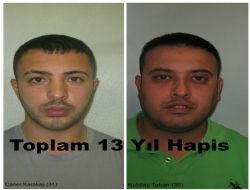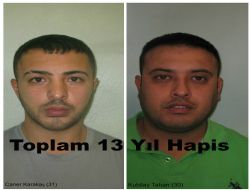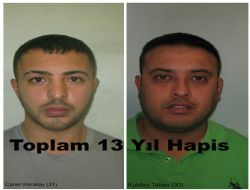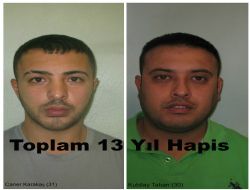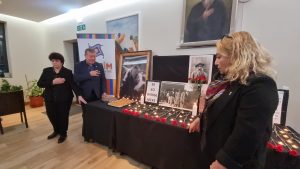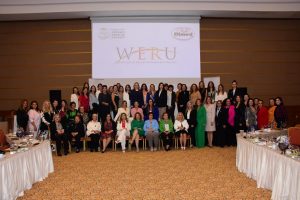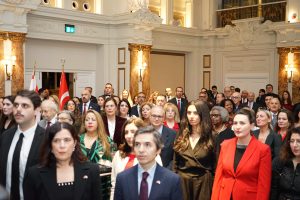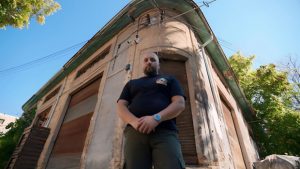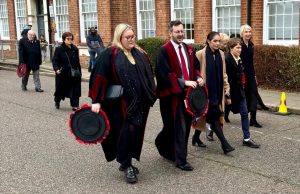“Alevis in Europe”, edited by Tozun Issa launched in London
The long-awaited book, “Alevis in Europe: Voices of migration, culture and Identity” edited by late Tozun Issa had its first launch at the London Metropolitan University, where Dr Issa had been working as an academic and teacher.
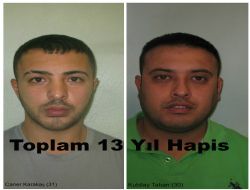
The long-awaited book, “Alevis in Europe: Voices of migration, culture and Identity” edited by late Tozun Issa had its first launch at the London Metropolitan University, where Dr Issa had been working as an academic and teacher.
Opened by Vice Chancellor Professor John Raftery, the launch stood for celebrating the work of Tözün as the event has been organised by Tözün’s friends and colleagues. In his welcoming speech, Vice Chancellor Raftery opened his talk by saying “I am a migrant myself” as he told the audience about his family story of migrating from Ireland to England, and how even a smallest difference can stamp people as “others” or “migrants”. Professor Raftery tackled the situation by also mentioning accent differences work as a “stamper” of classification and “othering”.
‘Alevis in Europe’ explores how Alevi communities construct their identities both in Turkey and in Europe and was edited by Dr Tözün Issa, who was a senior lecturer in Education Studies and the Director of Centre for Multilingualism in Education at London Met. Alistair Ross, Emeritus Professor at London Met, coordinated the final stages of the editing process.
“This book has been edited by Dr Tözün Issa, a prominent scholar of the Turkish communities in the United Kingdom and a lecturer at London Met, who died suddenly at the end of late year,” said Alistair Ross.
“It extends the current debate on the identity politics of Alevis by offering voices within the Alevi communities in Europe and Turkey. In doing so it brings together diverse Alevi claims of recognition in local, national and translational levels into perspective.”
On a prominent note, this book stands for being first work in English which explores Alevi communities in Europe through the lens of the Alevi researchers.
The Alevis, who constitute the largest minority in Turkey, and are a significant minority in the countries of Western Europe, are variously defined as a religious community. Other perspectives see the Alevis as a cultural community or as an ethnic group.
As the contributors came up to the stage and described their chapters alongside delivering gratitude to Dr Issa, many of them tackled different sides and streams of Alevism, often discussing whether it is a “religious category” or an accumulation of cultures, religion and way of living all together.
Amongst the authors, were Filiz Çelik (Chapter 3), Hüseyin Mirza Karagöz (Chapter 4), Burcu Şentürk Gökpek (Chapter 5) and Israfil Erbil from the Britain Alevi Federation, who wrote the preface of the book.
The book is now available for purchase. For more details, please visit www.routledge.com/9781472456441
